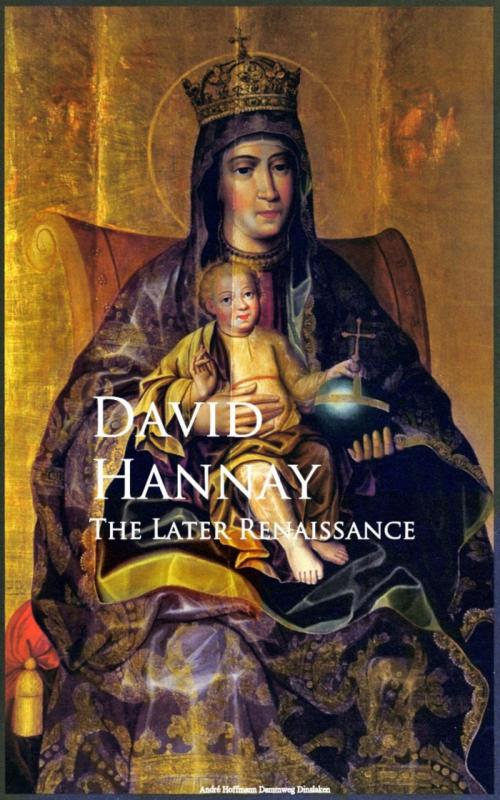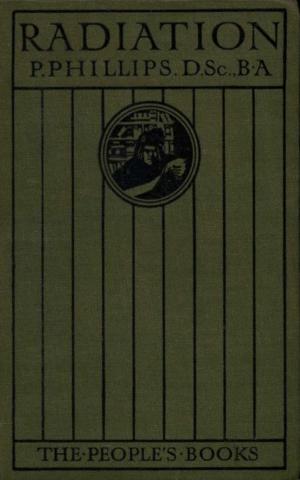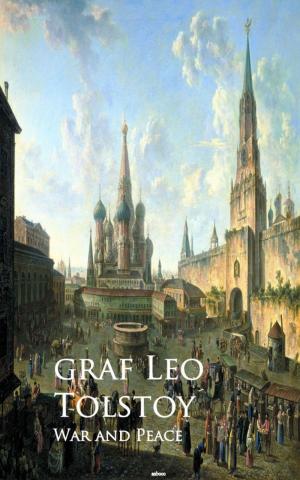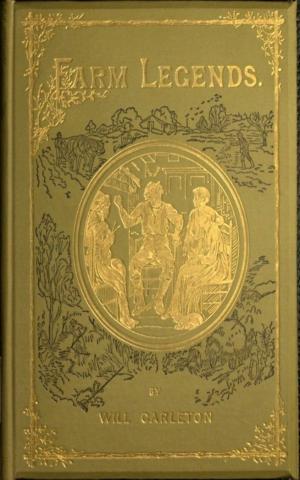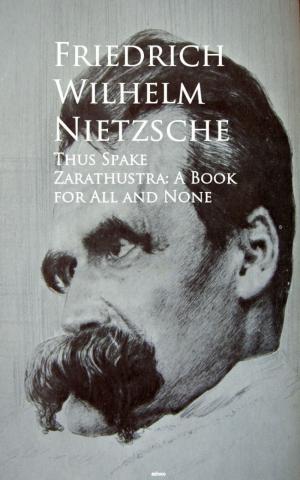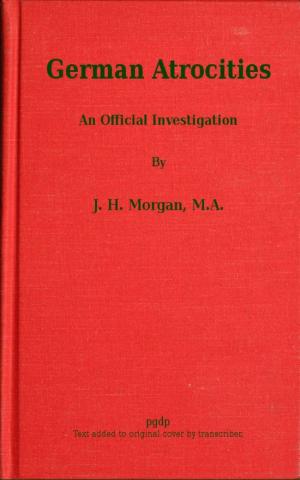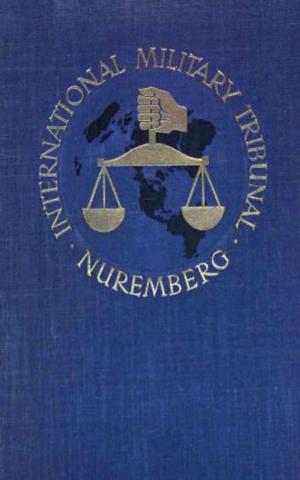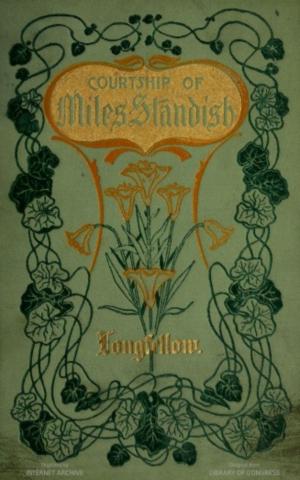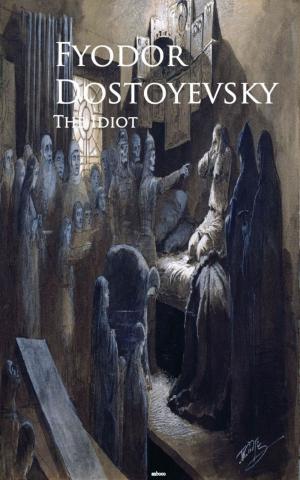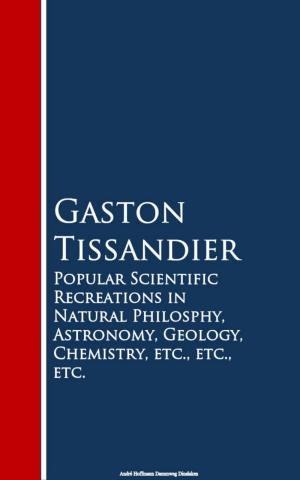| Author: | David Hannay | ISBN: | 9783736416840 |
| Publisher: | anboco | Publication: | September 28, 2016 |
| Imprint: | Language: | English |
| Author: | David Hannay |
| ISBN: | 9783736416840 |
| Publisher: | anboco |
| Publication: | September 28, 2016 |
| Imprint: | |
| Language: | English |
The general rules by which this series is governed have been fully stated by the Editor in the first published volume, The Flourishing of Romance and the Rise of Allegory. It will therefore not be necessary for me to do more than endeavour to justify the particular application of them in this book. Mr Saintsbury has fully recognised the magnitude of the task which has to be overcome by the writer who should undertake to display "intimate and equal knowledge of all the branches of European Literature at any given time." Nobody could be more conscious of his insufficiency to attain to any such standard of knowledge than I have had occasion to become in the course of executing the part of the plan intrusted to me. Though I hope my work has not been shirked, I still cannot venture to boast of "intimate and equal knowledge" of all the great bulk of literature[vi] produced during the later sixteenth century. Happily so much as this is not required. Some ignorance of—or at least some want of familiarity with—the less important, is permitted where the writer is "thoroughly acquainted with the literature which happened to be of greatest prominence in the special period." I must leave others to decide how far my handling of the Spanish, English, and French portions of the subject can be held to excuse my less intimate familiarity with the Italian and Portuguese. The all but unbroken silence of Germany during this period made it unnecessary to take account of it. Modern Dutch and modern Scandinavian literature had hardly begun; such Scottish poets as Scott and Montgomerie are older than their age. These and other things, on the principles of the series, fall into the previous or the next volume. Although the reasons for the course taken with the literature of Spain are given in the text, they may be repeated here by way of preliminary excuse.
The general rules by which this series is governed have been fully stated by the Editor in the first published volume, The Flourishing of Romance and the Rise of Allegory. It will therefore not be necessary for me to do more than endeavour to justify the particular application of them in this book. Mr Saintsbury has fully recognised the magnitude of the task which has to be overcome by the writer who should undertake to display "intimate and equal knowledge of all the branches of European Literature at any given time." Nobody could be more conscious of his insufficiency to attain to any such standard of knowledge than I have had occasion to become in the course of executing the part of the plan intrusted to me. Though I hope my work has not been shirked, I still cannot venture to boast of "intimate and equal knowledge" of all the great bulk of literature[vi] produced during the later sixteenth century. Happily so much as this is not required. Some ignorance of—or at least some want of familiarity with—the less important, is permitted where the writer is "thoroughly acquainted with the literature which happened to be of greatest prominence in the special period." I must leave others to decide how far my handling of the Spanish, English, and French portions of the subject can be held to excuse my less intimate familiarity with the Italian and Portuguese. The all but unbroken silence of Germany during this period made it unnecessary to take account of it. Modern Dutch and modern Scandinavian literature had hardly begun; such Scottish poets as Scott and Montgomerie are older than their age. These and other things, on the principles of the series, fall into the previous or the next volume. Although the reasons for the course taken with the literature of Spain are given in the text, they may be repeated here by way of preliminary excuse.
